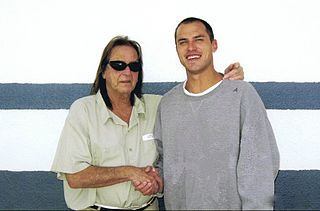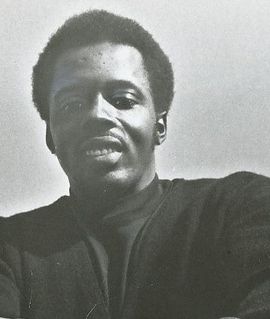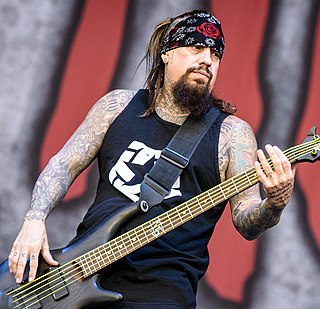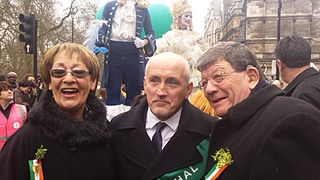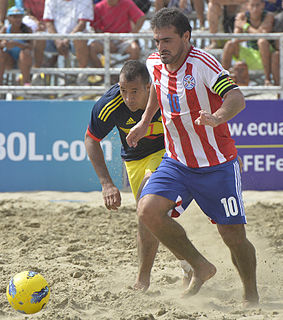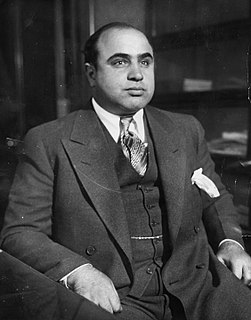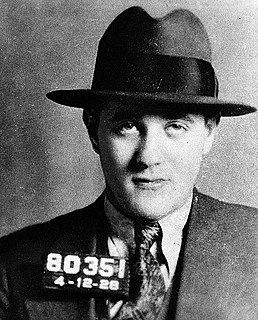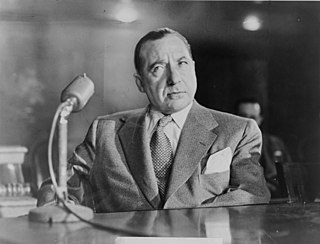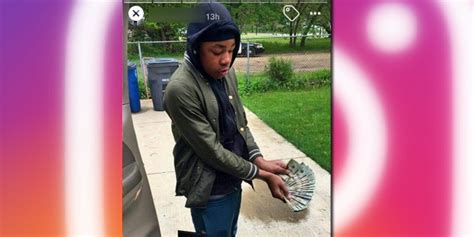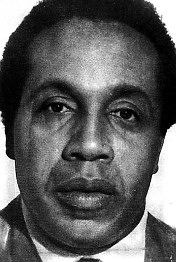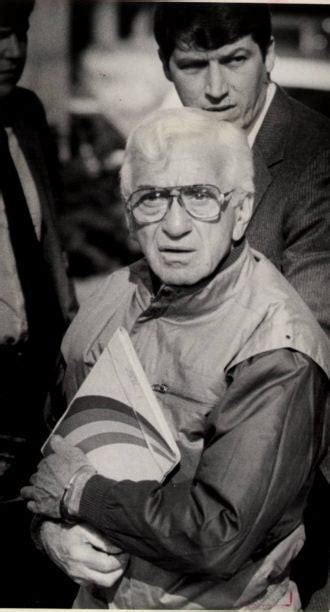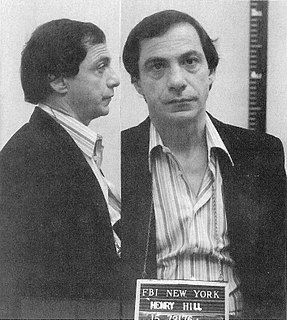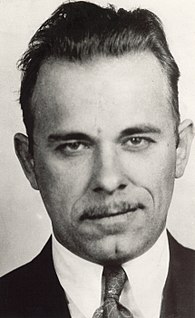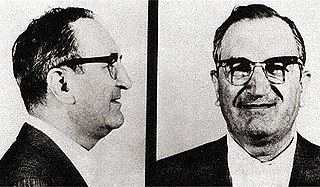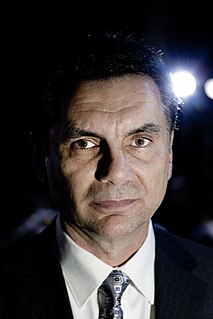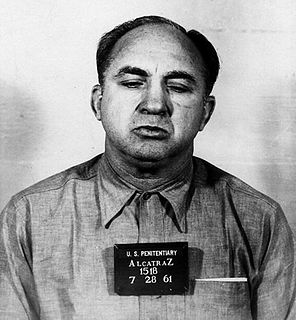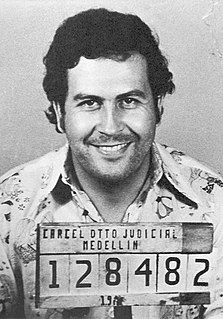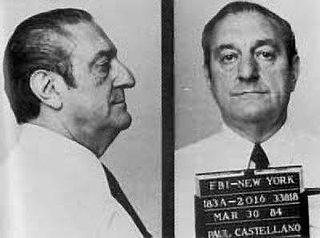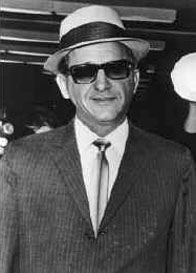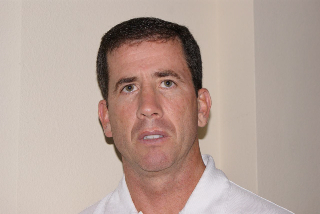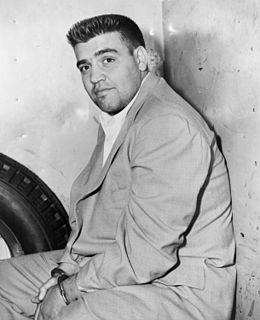A Quote by George Jung
If somebody had come to me and said will you move heroin, I would have told them no.
Related Quotes
She didn’t understand why it was happening,” he said. “I had to tell her she would die. Her social worker said I had to tell her. I had to tell her she would die, so I told her she was going to heaven. She asked if I would be there, and I said that I would not, not yet. But eventually, she said, and I promised that yes, of course, very soon. And I told her that in the meantime we had great family up there that would take care of her. And she asked me when I would be there, and I told her soon. Twenty-two years ago.
I asked him if it were a mirage, and he said yes. I said it was a dream, and he agreed, But said it was the desert's dream not his. And he told me that in a year or so, when he had aged enough for any man, then he would walk into the wind, until he saw the tents. This time, he said, he would go on with them.
But what would have been the good?" Aslan said nothing. "You mean," said Lucy rather faintly, "that it would have turned out all right – somehow? But how? Please, Aslan! Am I not to know?" "To know what would have happened, child?" said Aslan. "No. Nobody is ever told that." "Oh dear," said Lucy. "But anyone can find out what will happen," said Aslan. "If you go back to the others now, and wake them up; and tell them you have seen me again; and that you must all get up at once and follow me – what will happen? There is only one way of finding out.
My mom had always wanted me to better myself. I wanted to better myself because of her. Now when the strikes started, I told her I was going to join the union and the whole movement. I told her I was going to work without pay. She said she was proud of me. (His eyes glisten. A long, long pause.) See, I told her I wanted to be with my people. If I were a company man, nobody would like me anymore. I had to belong to somebody and this was it right here.
And my dad's answer would be usually something to the affect of, A, it came out better than he imagined, but also, he said, "No, it would be impossible for me to imagine the way it will come out." He said, "Yes, I story-boarded it, I had a plan, but then I work with an army of great artists and I want all of them to create inside that creation."
I'm finding that people reading the book [The Heroin Diaries: A Year In The Life Of A Shattered Rock Star] are saying, "You came from one background, I came from this background - you were a rock star, I was a CEO. I didn't have a heroin/coke problem, but I had a pill problem. But I also fell from grace, didn't know how to get recovery, and I am now in recovery." People tell me that their kids read it and told them they'll never do drugs - "This book really shows me where it goes."
